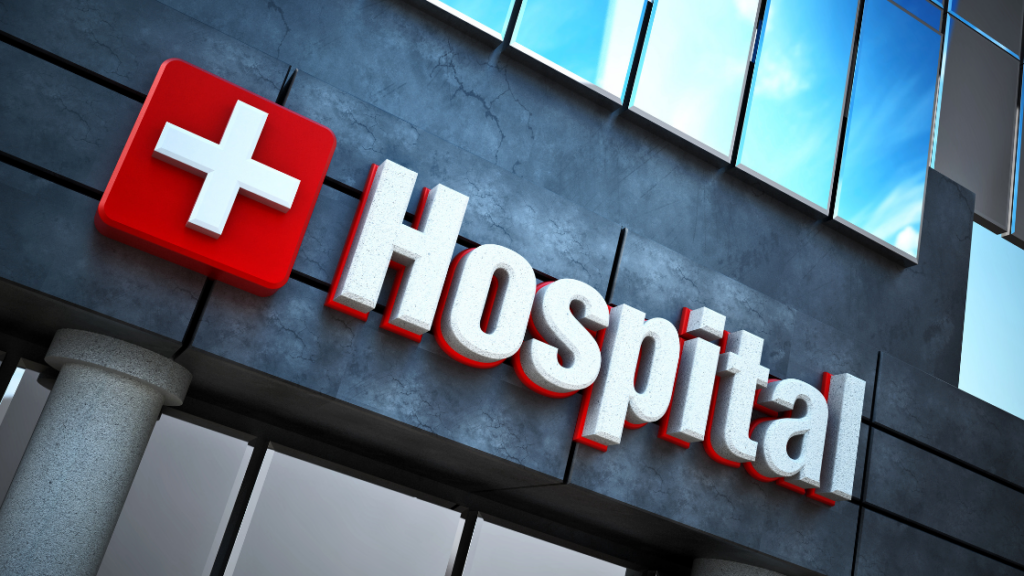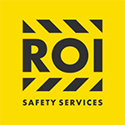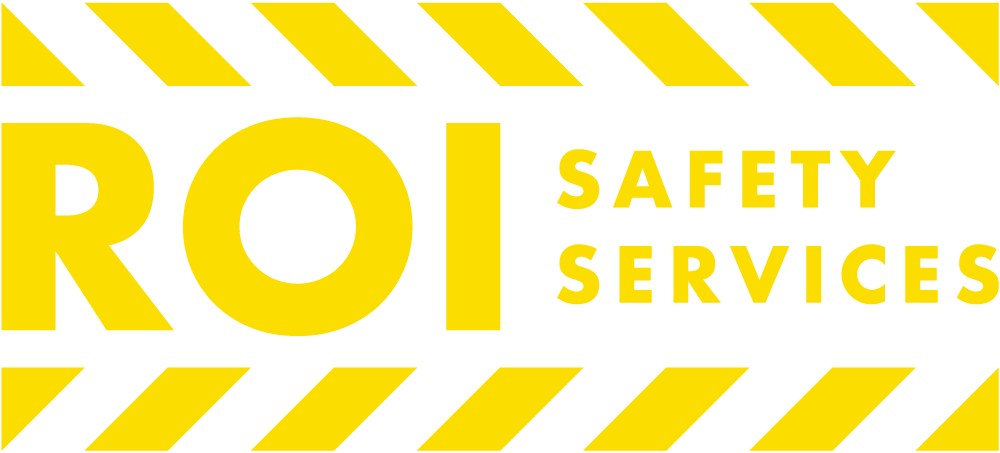
Active Shooter Training for Hospitals | ROI Safety Services
According to NSC.org, certain industries, such as healthcare professionals, have a higher risk for workplace violence than others. In fact, the U.S. Department of Labor reports that hospital staff are five times more likely to be injured by violence than workers in other private industries.
With this in mind, it’s important for hospitals and other healthcare facilities to have an active shooter response plan in place for active shooting incidents – and to ensure that all staff members are trained to respond should an active shooter situation occur. ROI Safety Services can help you and your company be prepared with our active shooter training.
What Is An Active Shooter Situation And How Can You Identify One
Active shooter situations are rare, but when they do happen, they can be deadly. By definition, an active shooter is an individual who is actively engaged in killing or attempting to kill people in a confined and populated area.
There are often warning signs that an individual may be planning an active shooter event at a healthcare facility. These include:
- Making threats of violence against an employee or a patient
- Obsessing previous mass shootings
- Expressing a desire to kill healthcare employees
- Acquiring weapons or ammunition
- Stockpiling supplies such as food and water
- Casing the area where they plan to attack
- Novel aggression (unprovoked angry outbursts, increased fighting)
- Paranoia Withdrawal from friends and social activities
- Significant changes in behavior
- Sometimes there aren’t any signs, which is why it’s important for everyone to be aware of their surroundings and to report any suspicious activity to authorities.
Active shooter situations can develop quickly and often without any prior warning. That’s why it’s important for every medical center and other healthcare facilities to have a plan in place so that everyone knows what to do should an active shooter situation occur. Without prior training, if an active shooting were to take place, one’s adrenaline would likely take over, and the hospital employees might be unable to think or act rationally. Here at ROI Safety Services, we want to serve as a resource for healthcare workers. We work hard to ensure that our clients are prepared for all emergencies, including active shooter situations.
How To Respond To An Active Shooter Situation
According to the FBI, there are three basic options for responding to an active shooter situation: run, hide, or fight.
The best option is to run. If there is an immediate and safe escape route, take it. Once you’re out of harm’s way, call 911 and warn others still in the area. We stress the importance of having an active shooter escape plan, as you don’t want to be caught in a dangerous situation. Sometimes an escape route you had in mind may be blocked by the shooter, in which case you’ll need either another escape route.
If you can’t run, your next best option is to hide. Find a place to take cover and remain hidden. Silence your phone and keep quiet until the shooter leaves or is apprehended by law enforcement. If possible, barricade yourself in the room with heavy furniture or anything else that will provide additional protection. Some places we recommend hiding are:
- Utility or supply closets
- Under desks or tables
- Inside filing cabinets
- Areas with locked doors are also good places to hide, but keep in mind that the shooter may be able to shoot through the door. If you’re hiding in a locked room, lock the door if possible, and blockade it with heavy furniture.
Active shooters often target places where people tend to congregate, such as cafeterias or reception areas. Avoid these areas if at all possible. As a last resort, if you’re unable to run or hide, you may need to fight back. This is obviously a very dangerous option, but it may be the only way to survive.
If you decide to fight, remember that your goal is to stop the shooter, not necessarily to take them down. Use whatever you have at your disposal – chairs, fire extinguishers, scissors, etc. – and attempt to disrupt or disable the shooter as much as possible. Yelling and attracting attention may also help to alert others to the situation and allow them to take action.
The Role Of Healthcare Workers During An Active Shooter Situation
When an active shooter situation occurs, there are a few things that healthcare workers need to keep in mind. First and foremost, your priority should be the safety of your patients. If you’re able, evacuate them to a safe area or move them to a room that can be locked from the inside. Once they’re safely out of harm’s way, you can focus on your own safety.
If you can’t evacuate the patients, do your best to keep them calm and quiet. Close the door to the room if possible and turn off any lights or electronics that could make noise. Keep in mind that during hospital shootings, the shooter may be looking for victims, so it’s important to make it difficult for them to find you or your patients.
As a healthcare provider, you have an ethical duty to care for your patient during an active shooter incident. While in our training program, we’ll go over numerous scenarios and an active shooter training video in which you might need to provide care during an active shooter situation. However, it’s important to remember that your safety comes first. If providing care puts you or your patients in danger, it’s better to wait for law enforcement to arrive.
ROI Safety Services – Coaching Healthcare Workers On How To Respond
At ROI Safety Services, we offer active shooter training for healthcare workers. Our goal is to provide you with the knowledge and skills you need to respond effectively to an active shooter situation. Listed below are some of the topics we cover in our training:
- Active Shooter Emergency Preparedness Plan
- How to Respond When There’s an Active Shooter in Your Workplace
- What to do When Law Enforcement Arrives
- Recognizing Signs of Potential Workplace Violence
As a healthcare worker, you play a vital role in keeping your patients safe. With the proper training, you can be prepared to respond effectively to an active shooter situation. Contact ROI Safety Services today to learn more about our active shooter training for healthcare workers.

